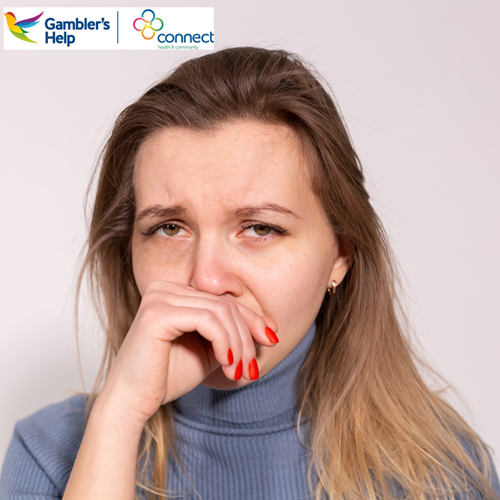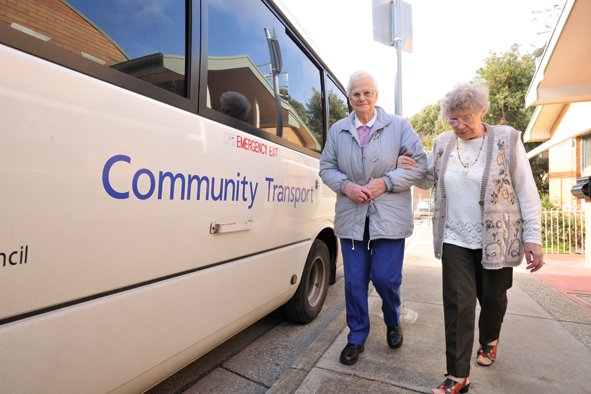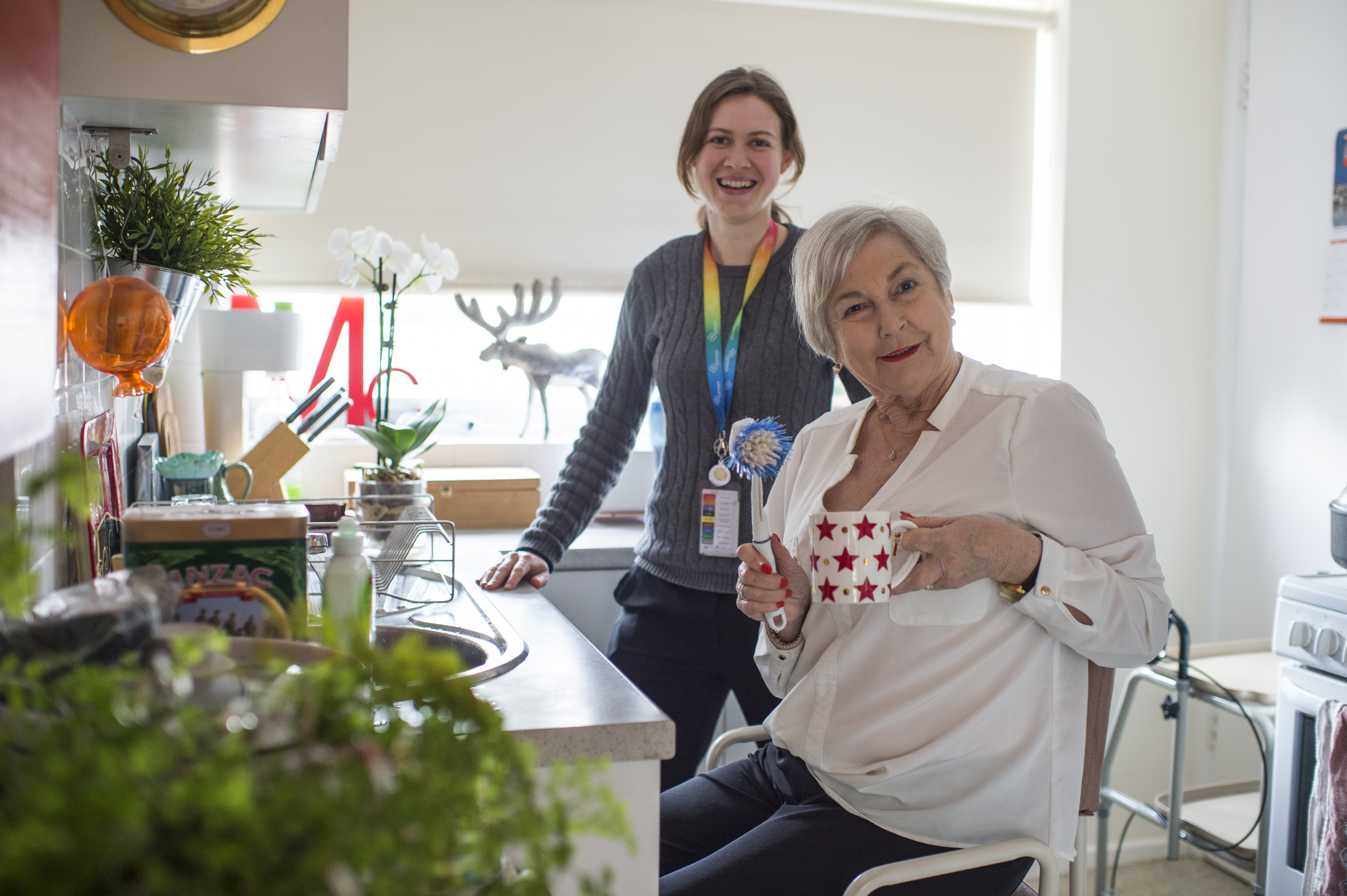Select from the following services


The world recently marked International Day For The Elimination of Violence Against Women. When it comes to family violence, the abuse can be physical, emotional, sexual, psychological and/or financial.
Financial abuse is a serious, but less spoken about, form of family violence. It can include taking debt out in a partner’s name and/or controlling how the household income is spent. It often occurs with other types of domestic and family violence (DFV) - research suggests that 80-90% of those who seek assistance with DFV have experienced financial abuse.
Financial abuse and gambling harm can co-occur and the two issues share a number of similarities. Both are associated with shame and stigma that acts as a barrier for those affected to seek external support. Both are often hidden with no physical signs, and both are not widely discussed, despite causing significant harm in our community.
To find out more about the connection between gambling and financial abuse, we asked Louise Allwright, Team Leader of Good Shepherd’s Financial Independence Hub (for survivors of financial abuse and family violence) and Susan Orchard, financial counsellor at Connect Health & Community’s Gambler’s Help Southern team, about their experiences working with victim survivors.
Yes it does. Often the full extent of a perpetrator’s gambling is not known until post-separation when the impact on shared assets or debts is revealed.
One victim-survivor we supported recently had a partner who used her credit card without permission to gamble online while she was sleeping. The perpetrator also forced her to transfer money into his account and give him cash for gambling, threatening harm or revealing her personal secrets if she didn’t.
We see clients from both sides, including victims and perpetrators of financial abuse. We often see clients who have been impacted by their partner’s or ex-partner’s gambling. The relationship may have broken down and our clients are left with a lot of debt. It’s their name on all the bills and they might have a lease or a car loan for example that they can’t afford, and they might have been encouraged by their ex-partner to get into that debt or have their name on the lease.
Identifying that you are experiencing financial abuse in the first place can be really difficult. It often occurs in plain sight and is tied up in social, gender and cultural norms - so it is very common for people to not realise, or not be sure, that they are experiencing financial abuse.
Initially someone with concerns can seek support from a specialist domestic violence service to explore their options and whether they are seeking to leave the relationship. The specialist services can advise/share information on protecting finances, preparing to leave and link them to appropriate legal services.
Financial Independence Hub (FIH) is a free service that helps survivors not only identify financial abuse, but build once they are ready to, take practical steps for their financial future.
People are invited to call FIH and have an exploratory conversation about financial abuse to deepen their understanding and identify what financial abuse looks like. We have an online information Hub for anyone looking for resources, otherwise they can call 1300 050 150 to speak with one of our Hub coordinators.
We talk to clients about how they can protect themselves financially. We can advocate on their behalf with banks and other services to explain what's going on for our client, and sometimes we can have the debts waived. Sometimes it’s practical steps like making people aware of what concessions they may be entitled to and putting in place payment plans for overdue bills or rent.
If our client is still in the relationship we’ll discuss options like setting up a separate bank account in their name only, so their partner doesn’t have direct access to their money. Of course we remind clients to only undertake these actions if it is safe to do so.
If we’re seeing the perpetrator it's sometimes about confronting them about the harm that they might cause and if they’re still in the relationship we might encourage them to bring their partner into a session.
Louise: Familiarise yourself with what financial abuse is, what the signs are and how these can be nuanced, subtle and often hidden. I think we also need to normalise talking about money and finances. We need to be talking about what a healthy and unhealthy relationship with money looks like and be aware of referral pathway options available to people during crisis and the rebuilding phase.
Susan: It’s important for other service providers, including clinicians working in family violence, to be asking questions about gambling with their clients, keeping in mind a person does not need to be the one gambling to be affected by gambling harm.
More information
Gambler’s Help Southern works to reduce the negative impacts of gambling by minimising or limiting risks for individuals and the community.
If you’d like to learn more about gambling harm and help services, our team delivers free information sessions for professionals and community groups. For more information, contact Lucy Delahey, Senior Community Engagement Officer: L.delahey@connecthealth.org.au
Financial Independence Hub – Good Shepherd
The Hub is a free, confidential, personalised service supporting people of all genders who are impacted by financial abuse. The service is available across Australia to partner with people to build their financial independence and achieve their goals.
The Financial Independence Hub is delivered by Good Shepherd and is a proud partner of CommBank Next Chapter. This service is available to anyone regardless of who they bank with.
The Financial Independence Hub can be contacted on 1300 050 150
https://goodshep.org.au/services/fih/
Resources for further reading:
https://www.anrows.org.au/media-releases/study-shows-economic-abuse-is-exacerbated-by-gambling/
A youth mental health initiative developed with students during Victoria’s lockdowns, is hoped to help reduce the stigma surrounding mental health issues and encourage teens to seek help early.
Read MoreOur Health Promotion team is supporting early learning centers through the Achievement Program, an initiative that helps services create a healthier environment for their students, staff and families.
Read MoreThis Children’s Week, we asked our paediatric team to share some of their favourite activities for kids that embrace the importance of play for a healthy lifestyle.
Read More
Speech pathologists provide assessment and management of communication, swallowing and feeding difficulties.
Read More
We have been offering safe and quality door-to-door transport options to our community since 1975.
Read More
We provide Occupational Therapy to help children, adults and those experiencing mental health issues, to achieve their full potential.
Read MoreSelect from the following services